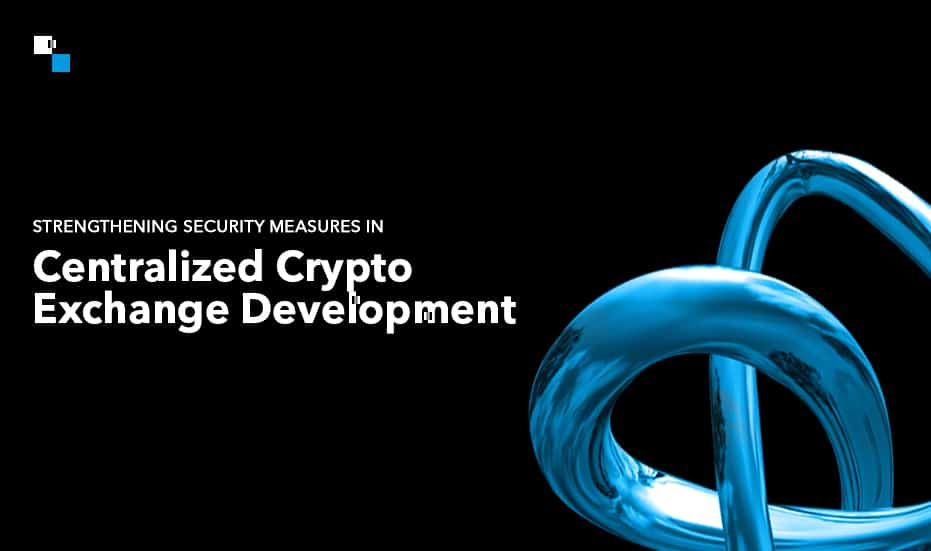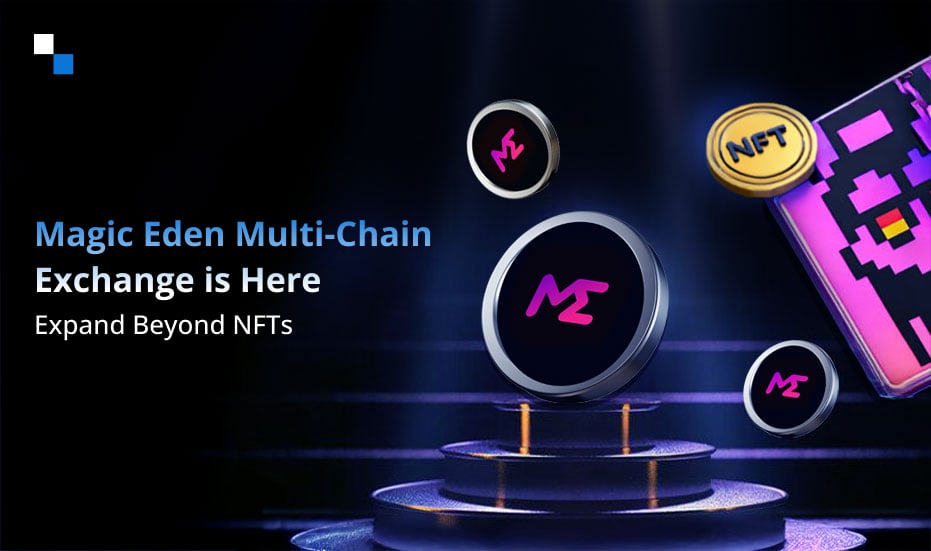
Why Play to Earn Game Development on Solana Ensures a Long-Term Success?
March 22, 2024
Decentralized Leverage Trading Crypto Exchange: The Future of Finance
March 22, 2024Blockchain, the foundational technology supporting cryptocurrencies, was originally conceived to establish trust by leveraging its key features such as immutability, consensus mechanisms, non-repudiation, and encryption. Despite its intended purpose, the perception of crypto assets has faced trust issues. Incidents like the Mt. Gox hack, Ronin Network, and other attacks on crypto exchanges have been the major reasons behind trust issues.
Reestablishing trust among users is paramount for the crypto industry. Centralized cryptocurrency exchanges largely shape public and regulatory perceptions of the sector, thereby demanding transparency and security that surpass current standards applied to traditional financial institutions. Building trust necessitates prioritizing regulation, risk management, transparency, and security. Businesses launching their exchanges are leveraging these all during centralized crypto exchange development.
Regulation
Regulation plays a crucial role in fostering investor trust, promoting transparency, legal clarity, and safeguarding the integrity of the cryptocurrency ecosystem. Various governmental bodies are increasingly introducing new regulatory frameworks to govern the use of blockchain networks or platforms. The primary objective is to protect consumers by establishing standards and regulations necessary to ensure the intended goals of these technologies are achieved.
When examining compromised exchanges, cryptocurrency fraud, and money laundering in the crypto space, a common underlying issue emerges: insufficient or lacking internal controls. While regulatory compliance is essential, it alone is insufficient. Centralized exchange development requires a robust corporate governance framework to address the complex challenges related to investor protection and trust. Key weaknesses in internal controls often revolve around inadequate cybersecurity measures, deficient key and wallet management processes, and ineffective due diligence procedures.
Cybersecurity
Cybersecurity is crucial due to the substantial value of funds and digital assets managed by centralized crypto exchanges, making them prime targets for cybercriminals. Recent years have witnessed hacking incidents resulting in significant losses of investor funds, undermining confidence and impeding the broader acceptance of cryptocurrencies. Additionally, instances of exchange downtime or delays stemming from Distributed Denial of Service (DDOS) attacks further erode trust in the reliability of an exchange.
Implementing a robust cybersecurity strategy is essential to identify external threats posed by malicious hackers, safeguarding the integrity and security of crypto assets and investor funds.
Key Management
Incidents resulting in the loss of crypto assets are linked to vulnerabilities within the software managing or storing cryptocurrencies – such as exchange software wallets, or fraud stemming from unauthorized access to private keys.
This underscores the critical importance of proper private key management and robust access control procedures integrated during centralized cryptocurrency exchange development. Crypto exchanges must prioritize the confidentiality, integrity, and availability of operational private keys.
Due Diligence
KYC regulations serve the purpose of mitigating identity theft and fraud by requiring businesses to gather and authenticate essential customer data to establish their true identities. Financial institutions commonly implement KYC procedures when customers initiate new accounts, seek loans, make investments, or engage in significant transactions. These protocols typically involve the collection of identity information such as driver’s licenses, Social Security Numbers, financial statements, verification processes, and secure data storage to ensure compliance for potential audits. Similarly, in the crypto domain, a robust KYC process is deemed one of the crucial aspects of centralized crypto exchange development.
Validating user identities not only enhances transparency but also fosters customer trust. When users perceive that a crypto exchange is actively implementing preventive measures to safeguard their accounts, they are more inclined to continue utilizing that specific crypto exchange’s services.
Safeguarding Customer Assets
The primary duty of cryptocurrency service providers is to safeguard user funds, ensuring that customer assets are utilized strictly in accordance with explicit user authorization.
It is imperative for exchanges to empower users to determine the storage methods and locations for their digital assets. The processes of depositing and withdrawing funds from exchanges should be straightforward, cost-effective, and smooth. Storage solutions employed by businesses during centralized cryptocurrency exchange development must adhere to stringent security protocols to uphold the highest standards of protection, thereby safeguarding user assets from potential threats posed by malicious entities.
User Funds Transparency
Ensuring transparency regarding user funds is a foundational element in building trust within the cryptocurrency ecosystem. When users entrust their funds to a centralized exchange, they should have the ability to verify the security and integrity of their assets held in custody at any given moment. This verification can be achieved through mechanisms such as proof of reserves or other disclosure systems designed to provide users with insight into the handling of their funds.
The transparency process, whether through proof of reserves or a similar approach, should meet certain criteria to be effective. It must be technically robust, ensuring the accuracy and reliability of the information presented. Additionally, it should be easily comprehensible to users, allowing them to view the status of their assets without difficulty. Regular updates to this transparency mechanism are essential to reflect current holdings accurately and instill confidence in users.
Moreover, for complete transparency, the system should be open to verification by external parties or auditors. This external validation adds an extra layer of credibility and reassurance for users, demonstrating a commitment to accountability and trustworthiness.
To Sum Up
Building trust in a centralized cryptocurrency exchange requires a holistic approach encompassing regulatory compliance, robust cybersecurity measures, effective key management, stringent due diligence processes, and transparent user funds handling. Regulatory frameworks play a crucial role in establishing standards that protect consumers and uphold the integrity of blockchain technologies. Centralized exchange development must be fortified with governance structures and internal controls to address cybersecurity risks, key management vulnerabilities, and due diligence shortcomings.
Cybersecurity emerges as a critical aspect in safeguarding user assets from cyber threats, necessitating the adoption of stringent security protocols to combat hacking incidents and ensure exchange reliability. Proper key management practices and access control procedures are essential for securing operational private keys within centralized exchanges. Additionally, KYC regulations serve as a cornerstone in preventing identity theft and fraud, emphasizing the importance of authenticating customer data to build trust and ensure compliance. By prioritizing user identity validation, asset protection, and transparency, businesses investing in centralized crypto exchange development can enhance credibility and foster trust among users and stakeholders.



